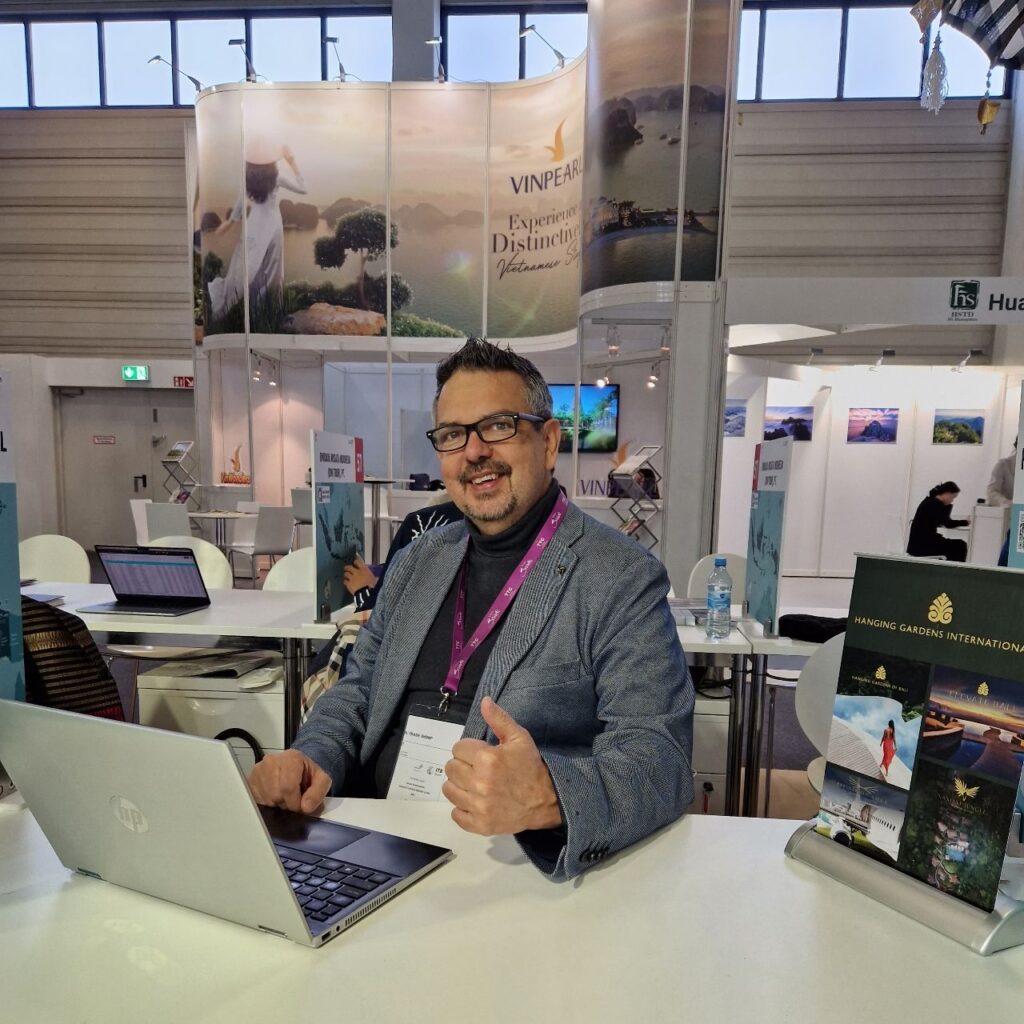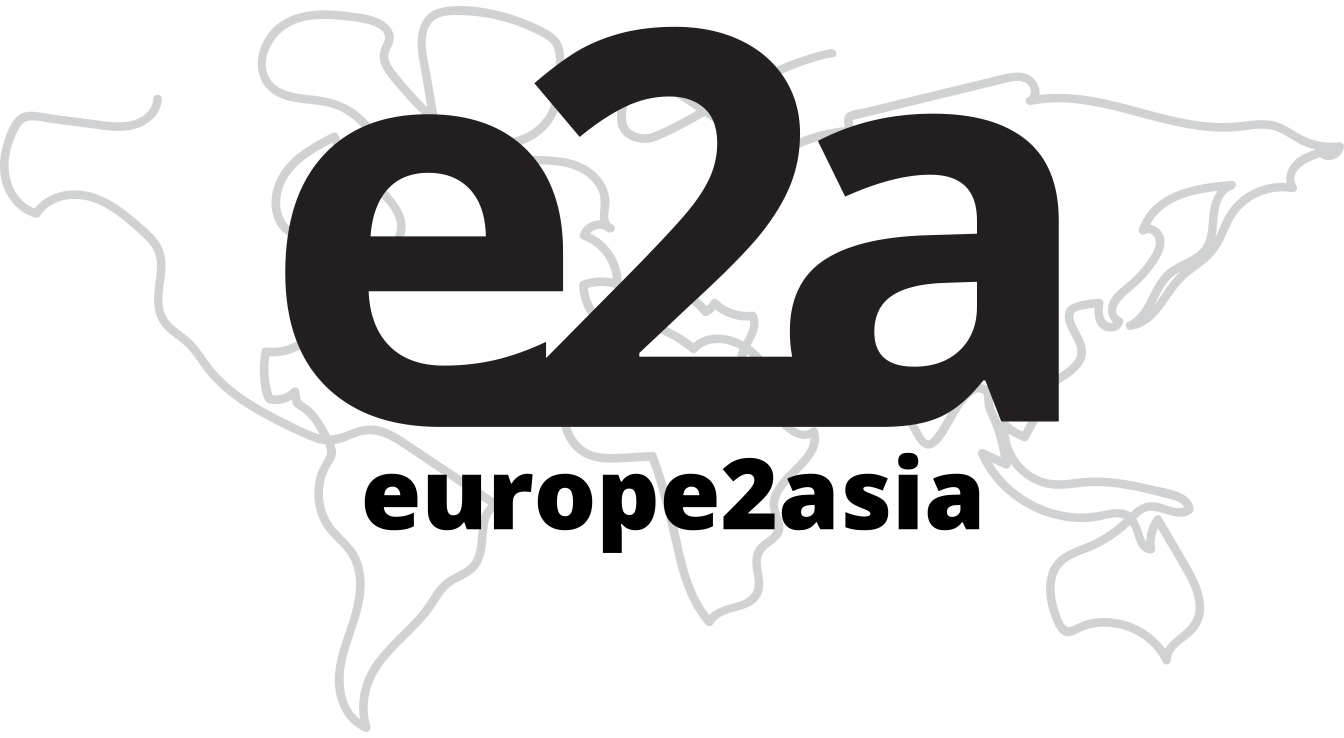Welcome to the exhilarating world of destination management, where adventures unfold, cultures collide, and travelers create lifelong memories. As the marketing manager of a destination management company (DMC), you play a pivotal role in shaping these extraordinary experiences. In this blog, we’ll guide you through a comprehensive marketing plan designed to elevate your DMC to new heights, while also highlighting the importance of establishing representative offices in key source markets. Let’s embark on this transformative journey together and unlock the full potential of your DMC.

Understanding the Dynamic Landscape
Before we delve into the intricacies of our marketing strategies, it’s vital to grasp the ever-evolving landscape in which your DMC operates. Destination management is a multifaceted field with its unique set of challenges and opportunities. Here’s a quick overview:
Target Audience
Your DMC caters to a diverse clientele, including leisure travelers, corporate clients, event planners, and experienced globetrotters. Each segment boasts distinct needs and preferences, necessitating tailored marketing efforts.
Competition
The DMC industry is highly competitive, with numerous players vying for travelers’ attention. To rise above the crowd, you must differentiate your services and establish a formidable competitive edge.
Destinations
The heart of your DMC is the destinations you operate in. Your marketing plan should not only spotlight the uniqueness and attractions of each locale but also include the strategic establishment of representative offices in key source markets.

Crafting the Ultimate Marketing Plan
With a comprehensive understanding of your industry, audience, competition, and the added element of representative offices, let’s outline a robust marketing plan for your DMC:
1. Develop a Strong Brand Identity
Your brand is the face of your DMC, a beacon that travelers gravitate towards. Commence by:
Logo and Visual Identity: Create an eye-catching logo and design elements that embody your brand’s personality and values.
Brand Story: Craft a compelling brand narrative that deeply resonates with travelers, underscoring your commitment to delivering exceptional experiences.
2. Know Your Audience Inside Out
To create effective marketing campaigns, you must understand your audience profoundly:
Segmentation: Categorize your audience into segments based on demographics, interests, and travel preferences.
Persona Development: Create detailed buyer personas for each segment to guide your content and messaging.
3. Content Marketing Excellence
Content remains king in today’s digital era. Leverage content marketing to:
Blogging: Maintain an informative blog on your website, offering invaluable travel guides, destination insights, and insider tips.
Video Content: Create captivating videos showcasing your destinations and travel experiences. Share them across YouTube, social media, and your website.
4. Social Media Dominance
Social media serves as a potent platform to engage with your audience and showcase your DMC. Here’s how:
Active Profiles: Sustain a consistent presence on platforms like Instagram, Facebook, and Twitter, sharing visually appealing content regularly.
Engagement: Foster interaction with your audience by responding to comments, conducting Q&A sessions, and organizing contests or polls.
User-Generated Content: Encourage travelers to share their experiences using a designated hashtag. Repost and celebrate user-generated content.
5. Influencer Collaborations
Influencers can help amplify your reach and credibility:
Influencer Partnerships: Forge strategic collaborations with travel influencers who align with your brand. Their authentic experiences resonate with their followers.
Fam Trips: Extend invitations to influencers for familiarization trips, allowing them to experience your destinations firsthand. Their stories serve as trusted testimonials

6. Email Marketing Campaigns
Email marketing remains a potent tool for nurturing leads and retaining customers:
Newsletter: Build a subscriber list and send regular newsletters featuring enticing travel deals, exclusive packages, and dynamic destination updates.
Personalization: Harness the power of data to send personalized recommendations and offers tailored to individual preferences.
7. Search Engine Optimization (SEO)
Your website must be easily discoverable by travelers:
Keyword Optimization: Optimize your website for relevant keywords related to your destinations and services.
Local SEO: Place a strategic focus on local SEO to prominently feature in searches specific to your destinations.
8. Strategic Partnerships
Collaboration is paramount in the travel industry:
Hotel and Restaurant Partnerships: Form alliances with local businesses to create bundled travel packages. Offer joint promotions to entice customers.
Travel Agency Partnerships: Partner with travel agencies and tour operators to cross-promote each other’s services.
9. Event Participation
Participate in travel expos, trade shows, and events to showcase your DMC:
Networking: Forge connections with potential clients, event planners, and industry professionals.
Exclusive Promotions: Extend exclusive deals to event attendees who choose your DMC.
10. Customer Reviews and Testimonials
Positive feedback can significantly enhance your credibility:
Online Reviews: Encourage satisfied customers to leave reviews on platforms like TripAdvisor and Yelp.
Testimonials: Display customer testimonials prominently on your website and marketing materials to build trust.

Establish Representative Offices in Key Source Markets
In our comprehensive marketing plan for your Destination Management Company (DMC), one crucial strategy that deserves special attention is the establishment of representative offices in key source markets. This strategic move can significantly enhance your DMC’s global presence and effectiveness. Here’s an in-depth look at why this step is indispensable:
1. Local Expertise and Insights:
Representative offices function as your DMC’s eyes and ears in the source markets. They provide invaluable local expertise and insights that go beyond what market research can offer. This local knowledge includes understanding the latest travel trends, cultural nuances, and customer preferences.
Market Trends: Your local representatives can closely monitor emerging travel trends and adapt your offerings accordingly. For example, if there’s a growing interest in sustainable travel practices, your representative office can help tailor your packages to align with eco-friendly principles.
Cultural Insights: They can provide cultural insights that enable you to create experiences that resonate with travelers from that specific region. Understanding local customs, holidays, and traditions can make your offerings more authentic and appealing.
2. Personalized Service:
Having a physical presence in source markets allows you to offer personalized service to travelers and travel agents in those regions. This personalized touch can go a long way in building trust and loyalty.
Direct Communication: Travelers and travel agents can visit the representative office for face-to-face consultations, creating a sense of reassurance and confidence in your services.
Local Language Support: Language barriers can often be a hurdle for international travelers. Having local representatives who speak the language can bridge this gap and ensure smooth communication.
3. Business Expansion:
Representative offices serve as catalysts for expanding your DMC’s footprint in source markets. They open doors to new partnerships, clients, and revenue streams.
Local Partnerships: Establishing a local presence makes it easier to form partnerships with travel agencies, hotels, airlines, and other businesses in the source market. These collaborations can lead to joint marketing efforts and package deals that attract more customers.
Market Expansion: With a representative office, you can actively promote your DMC’s services to a broader audience. It’s a proactive approach to expanding your client base and increasing brand awareness.
4. Handling Local Challenges:
Operating in foreign markets comes with unique challenges and regulatory requirements. A representative office can navigate these challenges effectively.
Legal and Regulatory Compliance: Your local representatives can stay informed about local laws and regulations, ensuring that your DMC operates in full compliance with all legal requirements.
Customer Support: In case of unforeseen issues or emergencies involving travelers from that source market, the representative office can provide immediate assistance and support.
5. Competitive Edge:
Having a physical presence in source markets can set your DMC apart from competitors who rely solely on online or remote services. It demonstrates your commitment to serving clients in a personalized and hands-on manner.
Trust and Credibility: Clients and partners in the source market may be more inclined to work with your DMC when they know you have a local presence, as it signifies stability and commitment.
Real-Time Market Insights: Your representative office can provide real-time updates on market developments, allowing you to make timely decisions and stay ahead of the competition.
In summary, establishing representative offices in key source markets is not just a strategic move; it’s a significant investment in expanding your DMC’s global reach and enhancing your ability to provide tailored, high-quality services.
It’s a proactive approach that can help you anticipate and address the needs and preferences of travelers from different regions, ultimately leading to the growth and success of your DMC in the international travel market.

Conclusion
In the dynamic realm of destination management, a well-crafted marketing plan coupled with the establishment of representative offices can steer your DMC towards resounding success. By prioritizing brand identity, understanding your audience, leveraging various marketing channels, and expanding your presence in source markets, you can effectively promote your DMC and rise above the competition.
Remember, at its core, destination management is about transforming dreams into cherished experiences. With this comprehensive marketing plan and the strategic establishment of representative offices, you’re poised to turn those dreams into a reality for countless adventurers around the world.
Bon voyage!


